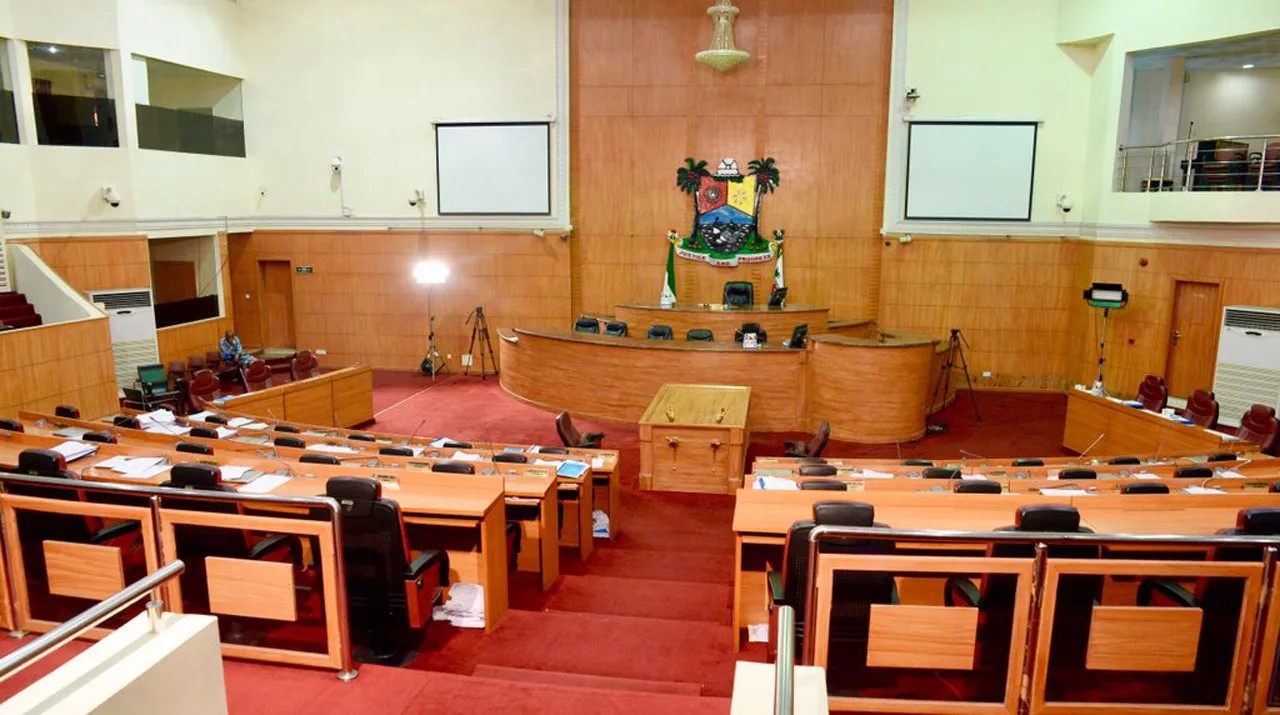• Says over 70% of adult inmates stay in juvenile centres
• Service, others blame states for detention of minors
The independent investigative panel set up to investigate the alleged corruption, abuse of power, torture, cruel and inhumane treatment against the Nigerian Correctional Service (NCoS) has issued four weeks ultimatum to the Controller-General (CG) of the Service, Sylvester Nwakuche, to address the “horrible” deteriorating sanitation across borstal facilities in Nigeria.
Chairperson of the panel and Permanent Secretary of the Federal Ministry of Interior, Dr Magdalene Ajani, gave the order at the opening of the third sitting session of the panel yesterday in Abuja.
Ajani decried what she described as an eyesore and unimaginable state of sanitation, specifically at the Abeokuta borstal home, where the panel earlier visited for an on-the-spot assessment of the facilities, saying: “As a matter of urgency, we need to report to the CG, and a team should be dispatched to Abeokuta to look at the sanitary situation and rectify it.
“We can’t put up the pictures of what we saw. That is horrible. It is an urgent thing that needs to be done.”
She said that the juvenile centres were also housing more than 70 per cent adults aged between 30 and 43 years, and mixed with children.
She added: “The situation where you have 30-43-year-old adults in a bolster home or halfway home is not acceptable. And a lot of transactions are going on. So please, you need to go and investigate it.”
Also, Secretary of the panel and Chief Executive Officer (CEO) of Prisoner Rehabilitation and Welfare Action, (PRAWA), Dr Uju Agomoh, who spoke on the challenges faced by the NCoS in implementing the Nigerian Correctional Service Act of 2019, said: “We looked at the treatment of young persons and the challenges involved in enforcing the provisions of the Act.
“Specific directives were given for the classification and management of facilities, including those in Ilorin and Abeokuta, to ensure compliance with legal standards.”
The panel, therefore, stressed the need for more work to be done, particularly regarding the needs of members of staff and facility requirements.
Meanwhile, the NCoS has attributed the unlawful detention of minors in adult custodial centres to systemic failures at the state level, including the collapse of juvenile remand homes across the country.
Head of the Welfare Department of the NCoS, Timothy Dabit, who spoke at the public hearing, urged state governments to uphold their constitutional responsibility in handling youth offenders.
According to him, one of the primary reasons minors are sometimes admitted into adult correctional centres is the absence of functional juvenile facilities near the point of arrest.
He said that the only borstal institution currently functioning for remand purposes is in Abeokuta.
The NCoS official said that the legal responsibility to provide remand homes lies with state governments.
However, a clinical psychologist, Dr Abigail Onu, praised the panel for opening a national dialogue on systemic abuses but condemned the ongoing detention of underage individuals in adult prisons.
HOWEVER, stakeholders in Nigeria’s criminal justice system have advised state governors to be decisive in the execution of condemned prisoners.
In a survey conducted on the failure of the governors to sign death warrants of condemned prisoners, the stakeholders attributed the governors’ apathy in this regard to many factors, including maintaining political correctness in order not to jeopardise their chances for re-election.
They also attributed the dearth of professional hangmen or executioners to the high number of condemned persons languishing in the correctional centres.
A Senior Advocate of Nigeria (SAN), Musibau Adetunbi, said that keeping convicted persons perpetually on death row was inhuman.
He, however, suggested that the National Assembly could amend the Constitution to replace the death sentence with life imprisonment.
Also, a former Attorney-General and Commissioner for Justice in Oyo State, Mutalubi Adebayo Ojo, who said that it would not be in the best interest of Nigeria to abolish the death sentence considering the various happenings in the society, said that the death sentence was no longer applicable in some parts of the world and this may be why governors in Nigeria were not signing death warrants anymore.






